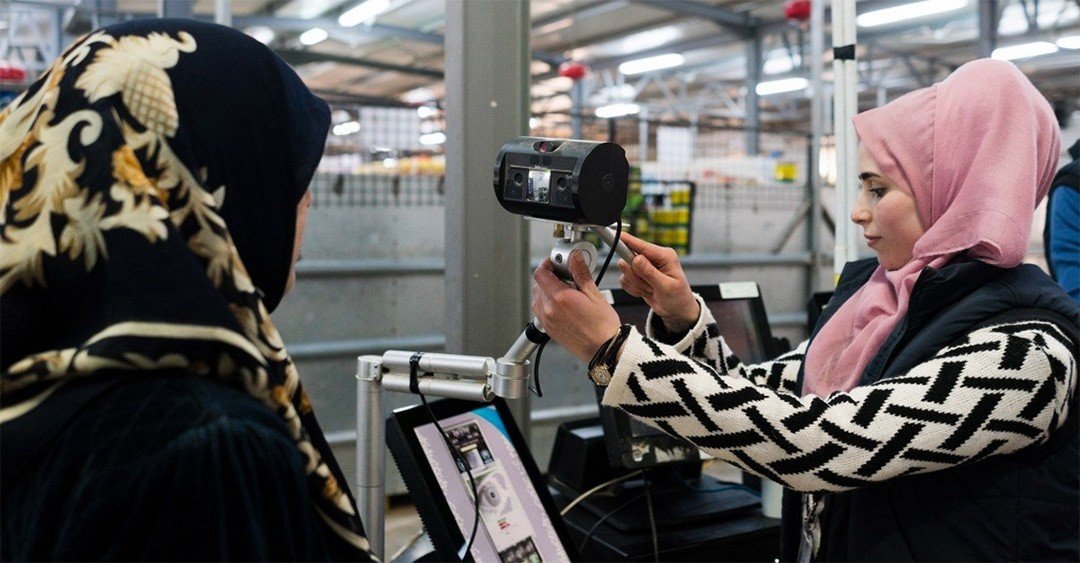
Could the application of Blockchain and Artificial Intelligence (AI) thinking in the area of innovation policy-making be a megatrend for the emerging markets across the globe? And is there an enterprise opportunity there? The World Economic Forum is making significant achievements in terms of pilot projects which combine emerging technologies and policy. They have done this by establishing a network of hubs globally which focus on specific themes such as data, smart cities or mobility. The increase in efficiency across entire industry supply chains could be enough to add percentage points to any given country’s GDP. If the same approach is applied across all social structures, the impact could be enormous. So how revolutionary can policy-making be in a time of Industry 4.0?
History: Design thinking and policy-making
Design Thinking is “a methodology for practical, creative resolution of problems or issues that looks for an improved future result.” The term was first used by US academic Herbert A. Simon in 1969 in his book appropriately entitled “The Sciences of the Artificial” published by the MIT Press. Appropriate, in the sense that after almost five decades, Artificial Intelligence, and not science, is now the latest buzz word. It was only in the Nineties that Design Thinking became better known. It was popularised by key design sector opinion formers such as David Kelley, the founder of IDEO, who defines it in the following way: “Design Thinking comes as a framework for human-centred innovation and as a new management paradigm for sustainable value creation in a world of radically changing value networks.”
Academics such as Joannah Luetjens and Michael Mintrom have extensively analysed the application of Design Thinking in policy-making in numerous studies and white papers . As a logical extension to this work, in a time of new decentralised networks, our thinking must also become decentralised. That means developing trusted solutions for complex problems because the current trustless environment treats thinking as the lowest common denominator. Indeed, we need to trust that we are thinking about the right problems for society. This is a complex issue.
So, if the focus of Design Thinking in this context is developing policy ideas, then the new trend for Blockchain/AI thinking should be about building a trusted policy for real societal issues, and not Fake News. In a similar way to Design Thinking, Blockchain/AI thinking is also entirely transversal and can be applied across many different sectors. Blockchain/AI thinking is also very well-suited to situations where resources are limited or where boundaries such as ‘public’, ‘private’ or ‘partnership’ need to be regulated and defined.
Blockchain/AI thinking is about nurturing new ways of approaching solution development. New ways of thinking that are decentralised and somehow self-forming.
Policy-makers everywhere should be implementing highly structured strategies that build on the techniques formulated by Blockchain/AI developers. These can also be adopted later by other sectors such as academia, commercial and media.
The efficiency gains from applying distributed ledger technology and blockchains across government supply chains alone would be sufficient argument to use Blockchain. For example, the Highways Term Maintenance Association states that there are 7.5 million street lights in the UK all of which help to make communities safer. What if their maintenance contracts could be smart ones? To get to that point, Blockchain/AI thinking should be applied to the entire policy planning process. The same approach could be used across a myriad of verticals.
In 2017 in Syria, Blockchain was successfully used by the World Food Programme, to support food distribution in refugee camps. The same technology could also be used for benefits distribution across the globe.

During a Fabrica do Futuro, radio interview in Porto Alegre in March 2019 with Dr Luis Lamb, a Minister of State for Innovation in Brazil, it was suggested that robot tax and universal income could also be based on the blockchain and that Porto Alegre could become a global hub for community-based technologies. Berkeley city council has already started pilot projects along these lines. This project hints at a new form of civic role for both the state and the citizen. It also implies a significant reframing of what ‘job’ ‘identity’ and ‘society’ actually mean. For example, the term ‘job’ dates from the 16th century and the era of empires and shipping trades. Perhaps new terminology is overdue.
Context: How has the 4th Industrial Revolution already influenced policymakers?
In the 21st Century unless a policymaker is entirely unplugged from the internet and does not possess a mobile device then they will have already been affected by frontier technology such as Artificial Intelligence or Machine Learning. According to tech company DOMO: “Over 2.5 quintillion bytes of data are created every single day, and it’s only going to grow from there. By 2020, it’s estimated that 1.7 MB of data will be created every second for every person on earth”.
So, these days and in the future, interacting with any given technology platform produces vast amounts of data, creating biases that in turn influence decision making processes reinforced by machine learning and other emerging technologies. Is this a vicious or virtuous cycle? Questions have already been raised in the USA where the use of ready-made AI algorithms in the legal system has distorted the treatment of certain ethnic minorities. This example illustrates the importance of purpose-made technology, as distinct from off-the-shelf solutions, AI and clear regulation on its integration within legacy systems.

He was also the founder ceo of the Creative Industries Portugal cluster for the Ministry of Economy and Regional Development agency for the North of Portugal.
In addition Michael is a mentor of Crypto Valley Labs, Switzerland, MIT Portugal, Start Up Lisboa, The Lisbon Challenge and a founder jury member of the European Commission @Diversity Culture Technology competition.
In the past Michael has worked on projects with many major brands and institutions including PlayStation, Nike, X Box, MTV, Diageo, Cockspur Rum, Interbrew, BMW, Coca Cola, SONAR, Red Bull, Nokia, Vice and the ICA. He also has a significant media track record having worked for City Limits, Tank Girl, Deadline, Observer Life magazine, Art & Architecture Journal and Labkultur.TV.










